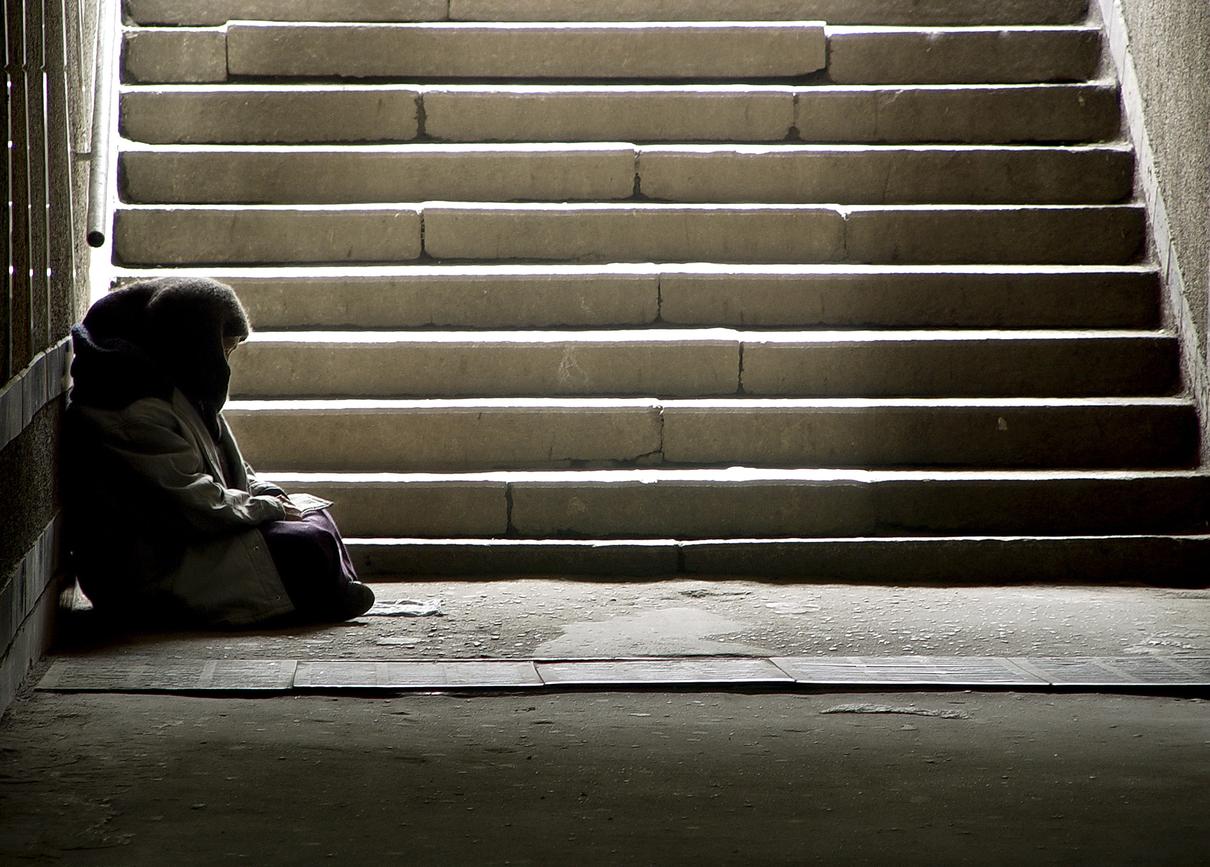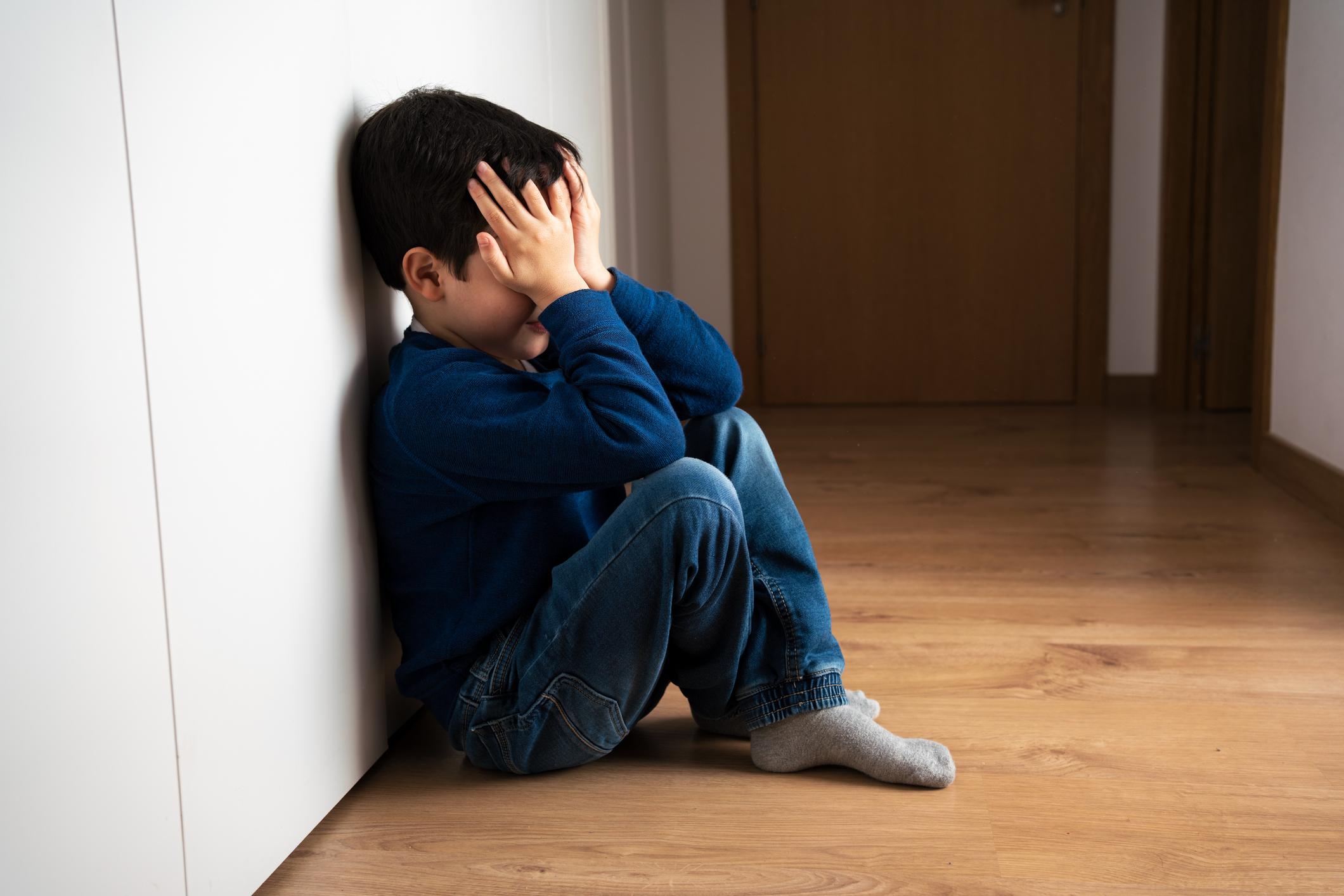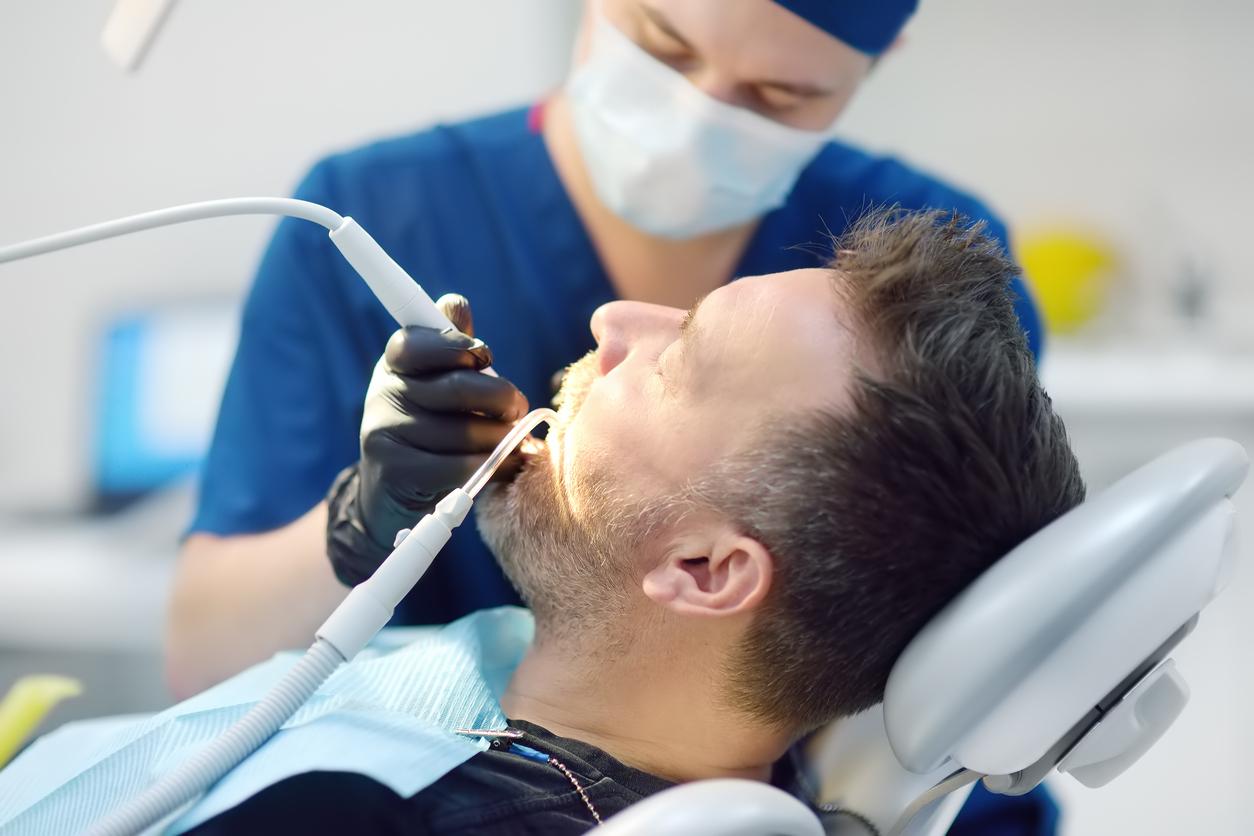The HAS issues new recommendations to better care for homeless people with psychiatric disorders.

- In France, 30% of homeless people suffer from severe psychiatric disorders such as schizophrenia or bipolar disorders.
- “Despite the existence of aid measures and the various initiatives implemented at the national and local levels, the responses provided to this population still remain insufficient,” estimates the HAS.
- The HAS has therefore issued new recommendations to better care for homeless people with psychiatric disorders.
Many homeless people suffer from poorly managed psychiatric disorders. To remedy this problem, the High Authority of Health is issuing new recommendations.
“Ensuring that people in extremely precarious situations and with psychological disorders have access to a path of health, social integration and civic life: this is the whole purpose of the recommendations for good practices published by the Haute Health Authority”, explains the institution in a press release.
30% of homeless people suffer from severe psychiatric disorders
Populations in extremely precarious situations have been increasing continuously for 20 years in France. According to the Abbé Pierre Foundation, 330,000 people are homeless in our territory.
Concerning the prevalence of psychological disorders in this population, a Parisian study estimates it at around 30% if we only take into account severe psychiatric disorders such as schizophrenia or bipolar disorders. According to international data, this proportion would rise to more than 75% if we include other disorders such as depression, anxiety or post-traumatic stress disorder.
“The people concerned who combine difficulties (social and psychological vulnerabilities, somatic problems, complex administrative situations), encounter multiple obstacles in accessing care as well as social systems. They are also often stigmatized”deplores the HAS.
“Despite the existence of support systems and the various initiatives implemented at national or local levels, the responses provided to homeless people suffering from psychiatric disorders still remain insufficient,” say public health experts.
Homelessness and psychiatric disorders: what does the HAS recommend?
Requested by the General Directorate of Social Cohesion (DGCS), the HAS therefore recommends in particular:
– identify psychosocial vulnerabilities among people with housing in order to avoid loss.
– Assess the social situation of patients at the level of general practitioners (social rights, access to housing, sources of income, etc.), and address the question of mental health help needs at the level of social workers when faced with a person who is clearly in psychological distress.
– Be particularly vigilant to the fact that vulnerable people have early and effective access to all their rights.
– Implement integrated solutions combining access to a “at home” (dignified housing or accommodation solution) and appropriate support (clinical and social).
HAS also invites all professionals involved to reach out to people where they live, to take the time necessary for the meeting, to be available, to reiterate the offer of help in the event of refusal – without imposing – and avoid waiting times as much as possible.
HAS also encourages public authorities to support the implementation of global and coordinated responses at all levels, for example by assessing the needs of people in extremely precarious situations.

















